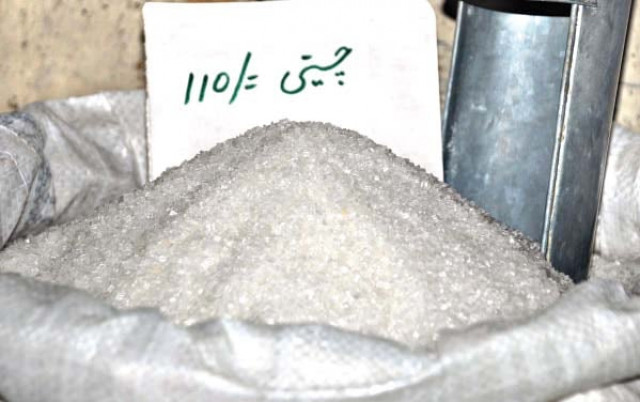Sugar price manipulation
In order to bring prices to normal levels, collusion within the sugar industry must be effectively banned.

The Competition Commission of Pakistan (CCP), the regulatory body charged with preventing collusive behaviour amongst industrial groups, has on more than one occasion pointed to oligopolistic behaviour amongst the sugar industry. It is alleged that the sugar industry creates deliberate shortages of supply by hoarding sugar in large warehouses in a bid to create an artificial price increase. Consumer lobbyists allege something further: that the Trading Corporation of Pakistan was pressured to deliberately mistime its purchases of sugar in order to ensure higher import prices so that domestic prices remain high. These are serious allegations indeed and given the CCP’s earlier misgivings and litigation regarding the sugar industry, they deserve to be investigated.
We would also like to point out some of the techniques that the government has used in the past to create the illusion of action. Perhaps the most commonly used one is that of price controls. Even the courts have been persuaded to establish a legally binding price at which it is declared that a given commodity must be sold. The problem with this approach is that, to the common man, it sounds like a solution whereas it does absolutely nothing to address the underlying problem. As proof, sugar is retailing for Rs120 per kilogramme when its legally mandated price is Rs45 per kilogramme. Prices are not high simply because the sugar industry deems it so. They are high because market conditions have been manipulated to force buyers to pay more. The difference may seem subtle, but it is critical. In order to bring prices to normal levels, collusion within the sugar industry must be effectively banned. It is time for the government to swing the regulatory bat of the recently passed Competition Act.
Published in The Express Tribune, November 11th, 2010.















COMMENTS
Comments are moderated and generally will be posted if they are on-topic and not abusive.
For more information, please see our Comments FAQ